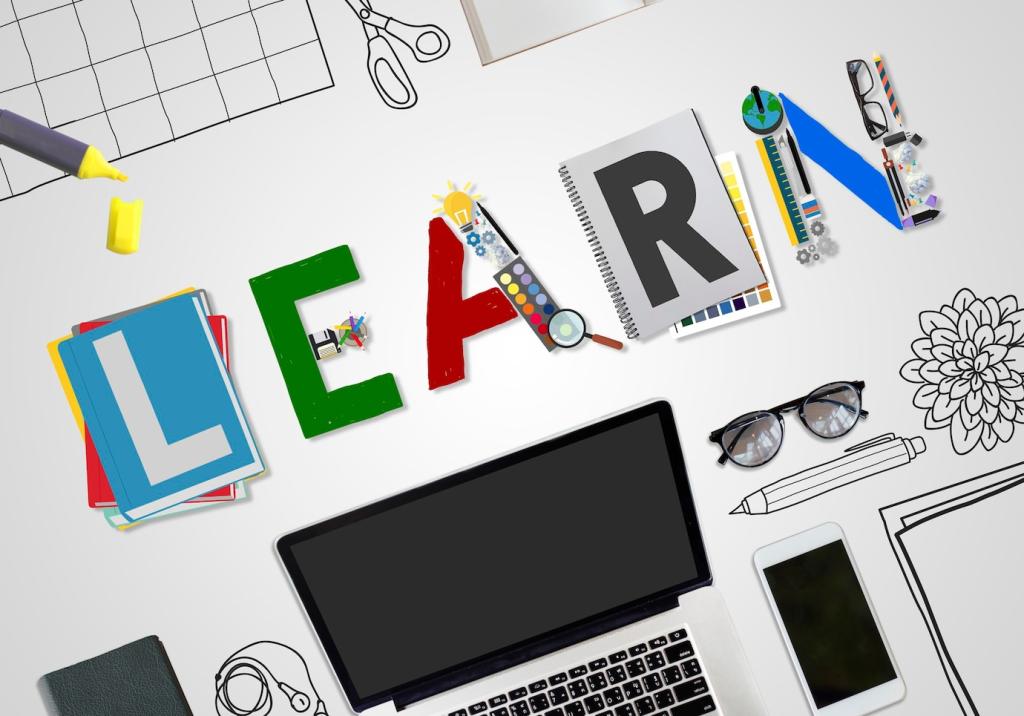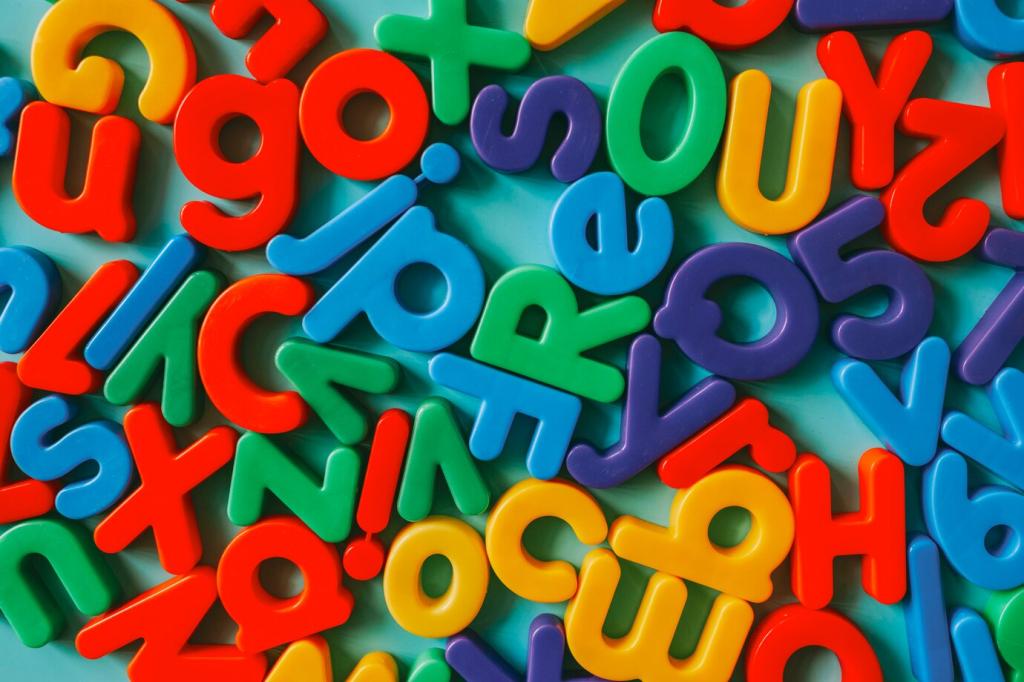Cultural Festivals and Events in Language School Programs in English
Cultural festivals and events are a vibrant part of language school programs, offering students immersive experiences that blend learning with celebration. These activities not only enrich language skills but also introduce learners to the customs, traditions, and social dynamics of English-speaking cultures. By participating in festivals and various events, students gain a deeper appreciation for diversity while building communication confidence and forming lasting memories. Integrating these cultural elements into language programs transforms classrooms into lively, inclusive communities where every lesson is an opportunity for discovery and joyful interaction.

Immersive Cultural Experiences
Participating in English-speaking countries’ national holidays, like Independence Day or Christmas, introduces students to the heritage and values woven into these observances. Schools often recreate festival atmospheres, complete with decorations, traditional food tastings, and themed games. By engaging in typical festive activities, students encounter idiomatic expressions, seasonal vocabulary, and cultural etiquette, making lessons come alive. These dynamic, participatory celebrations boost language retention and provide a platform for students to share their own cultural traditions, promoting mutual respect and global awareness.

Enhancing Communication and Social Skills
Group Projects and Presentations
Many cultural events are organized around group projects where students collaboratively research and present on various traditions or festivals. This process requires delegating tasks, sharing ideas, and negotiating in English, thereby strengthening teamwork and communication skills. Presentations on topics like Diwali, Carnival, or Lunar New Year also expose the group to non-English-speaking cultures, broadening horizons while developing public speaking confidence. Such projects enhance critical thinking, organization, and the ability to explain complex ideas clearly.
Conversation Exchanges
Conversation exchanges are often part of event programming, pairing students from different cultural backgrounds to share festival memories or participate in themed discussions. These exchanges foster authentic dialogue, introduce diverse viewpoints, and often lead to friendships beyond the classroom. By discussing personal experiences and cultural preferences in a relaxed, celebratory setting, students expand their vocabulary, improve pronunciation, and learn conversational strategies key to fluency. These exchanges nurture empathy and cultural openness.
Networking and Social Gatherings
Festivals and events provide ideal occasions for informal networking, allowing students to meet classmates, instructors, and community members in a friendly, inclusive atmosphere. Social gatherings, such as welcome parties or potlucks, help newcomers acclimate and practice small talk, greetings, and introductions. Such events encourage natural language use and lower anxiety, as learners bond over shared experiences and create a supportive peer network. Strong social connections enhance motivation and make the learning journey more rewarding.
Fostering Global Awareness and Inclusion
Multicultural Showcases
Multicultural showcases invite students to present elements of their native cultures—dance, music, cuisine, or crafts—within the school community. Presented alongside traditional festivals from English-speaking countries, these events emphasize the universality of celebration and the beauty of cultural diversity. Learners develop presentation skills while building pride in their identities, and audience members expand their worldview. Multicultural events highlight shared human values and encourage mutual learning among peers from different backgrounds.
Intercultural Dialogues
Organizing formal or informal intercultural dialogue sessions during festivals encourages students to reflect on cultural similarities and differences. Guided conversations might explore topics such as family traditions, rites of passage, or the meaning of specific celebrations. These dialogues enhance listening skills, foster empathy, and help learners articulate complex ideas in English. Intercultural exchanges nurture open-mindedness and prepare students to navigate diverse environments with sensitivity and confidence.
Inclusive Community Initiatives
Some language schools leverage cultural events to promote inclusion and social responsibility. Volunteering during festivals, organizing charity drives, or hosting public celebrations involving local neighborhoods help students connect with the wider community. These initiatives teach important values like generosity and civic engagement while providing authentic language practice. By involving everyone, regardless of background or proficiency, schools solidify the role of festivals as unifying experiences that support both learning and belonging.
Join our mailing list
